Interview with Anna Tompson, member of the “European Fraternity”
This is the eighth instalment of our new interview series, called “Don’t just criticise, create!” David Engels speaks with European artists, philosophers, priests, intellectuals, activists, and artisans who have each decided not only to lament 'the decline of the West' but also to endeavour to help reverse it. They have done this by making something new, and also perhaps something beautiful, true, and good.
David Engels: Dear Anna, you are part of the “European Fraternity”, a Christian, friendship-based European network promoting a united Europe respecting the differences and particularities of each country, culture and tradition. The Fraternity works to see Europe rediscover her philosophical, spiritual and cultural identity. Why do we need such an organisation?
Anna Tompson: It seems that most people today have no sense of belonging. They consider themselves “citizens of the world” and have no allegiance to any country, religion, or even family. Helping one another rediscover the beauty of European culture and the uniqueness of every country within Europe is an important step towards bringing people closer to their roots.
Europe is deeply rooted in Christianity; its culture and philosophy are based on Christian values. If we rediscover our roots, we rediscover our sense of belonging, and shall be better equipped to face anyone or anything that wants to destroy that. To quote Tolkien: “Deep roots are not reached by the frost”.
Can you present the general philosophical attitude of the “European Fraternity” to our readers?
The European Fraternity members live according to traditional Christian values. There are lots of members who belong to different churches, and the link between us is Christ.
Many people think that the dechristianisation of the European youth is a phenomenon that is irreversible, or that is at least there to stay for many, many generations. Is the war lost?
I hope it is not. The European Fraternity is a testimony that young people are looking for something more and want to follow their faith and live according to traditional Christian values. Yes, we are a minority, but our strength is our unity, and this is partly what the EF tries to achieve – unite the Christian minorities across Europe and create a strong group. Together we can do more than alone.
How does the cooperation between the different national groups existing within the “Fraternity” work?
Once a year, one of our national groups organises a weekend in its own country, to which all the members are invited. The point is for the EF members to learn about the culture of that specific country and see how rich and unique every European country is. Our first weekend was in Kraków, the next one will be in Barcelona.
May I ask you to present some of the recent initiatives of the “European Fraternity”?
The initiatives tend to be local. It is up to every national EF group to come up with its own initiatives. With the Polish EF, two members recently organised a screening of the documentary “What is a woman?”, another member organised a day out (for members) visiting a Polish castle, followed by dinner at his family home. The major initiatives are the European weekends, the summer schools, the “Creative minority week” in Rome (for new members and potential members) etc.
One last question: The motto of this interview series is: “Don’t just criticise, create!” - can you identify with that, and if so, how?
Yes. I think it is easy to see all the bad things around us. Of course, it is important to recognize what is wrong with the world, to be aware of it, so that one can avoid it. But at some point one can get discouraged by it all, and that is when one needs to react and start doing something to counter it. The European Fraternity brings together Christians with similar values and creates a support groups which encourages its members to do more, to set up initiatives in their own countries, however small these may be.
We have members who are active in politics, journalism, law etc., but we also have members who are simple mothers of a family or who work in seemingly insignificant jobs. Each of them creates something in a different way - but, most importantly, we all try to create something by living out our faith to the fullest.
St Augustine summarizes it best: “Hope has two beautiful daughters; their names are Anger and Courage. Anger at the way things are, and Courage to see that they do not remain as they are.”
Read also
"Don’t just criticise, create!" Interview with Sander Booij, builder and renovator of organs
This is the seventh instalment of our new interview series called, “Don’t just criticise, create!” David Engels speaks with European artists, philosophers, priests, intellectuals, activists, and artisans who have each decided not only to lament 'the decline of the West' but also to endeavour to help reverse it. They have done this by making something new, and also perhaps something beautiful, true, and good.
David Engels
Tolkien's Birthday
No doubt: whoever reads Tolkien’s work with at least an ounce of sympathy for the traditions and for the history that made the greatness of the West cannot escape deep fascination, as Tolkien has managed to shape a “subcreation” that is the mythopoetical quintessence of everything that the defines our civilisation – for the best as for the worst. Indeed, Tolkien’s oeuvre is much more than just a medley, a pastiche of diverse narrative strands; it is a unique recasting that convincingly makes all later traditions look and even feel like much later variations of the true, “original” stories as contained in his own legendarium.



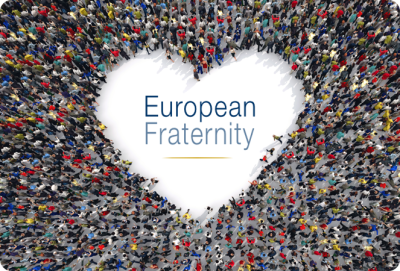

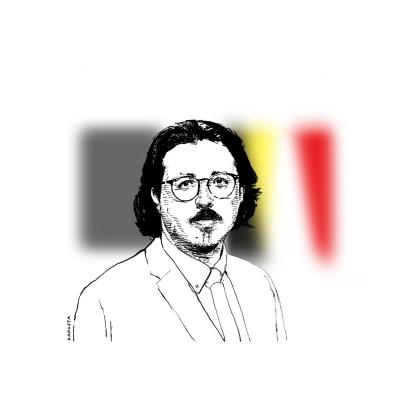


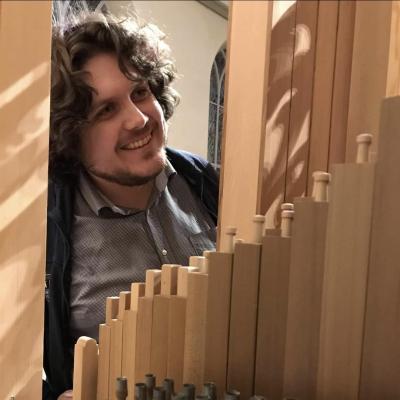

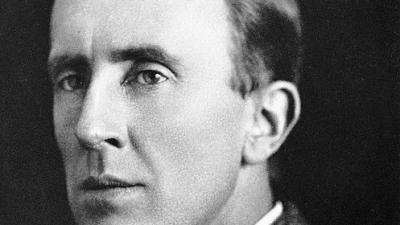

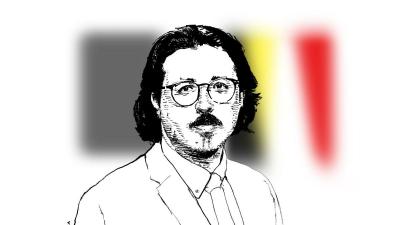

Comments (0)